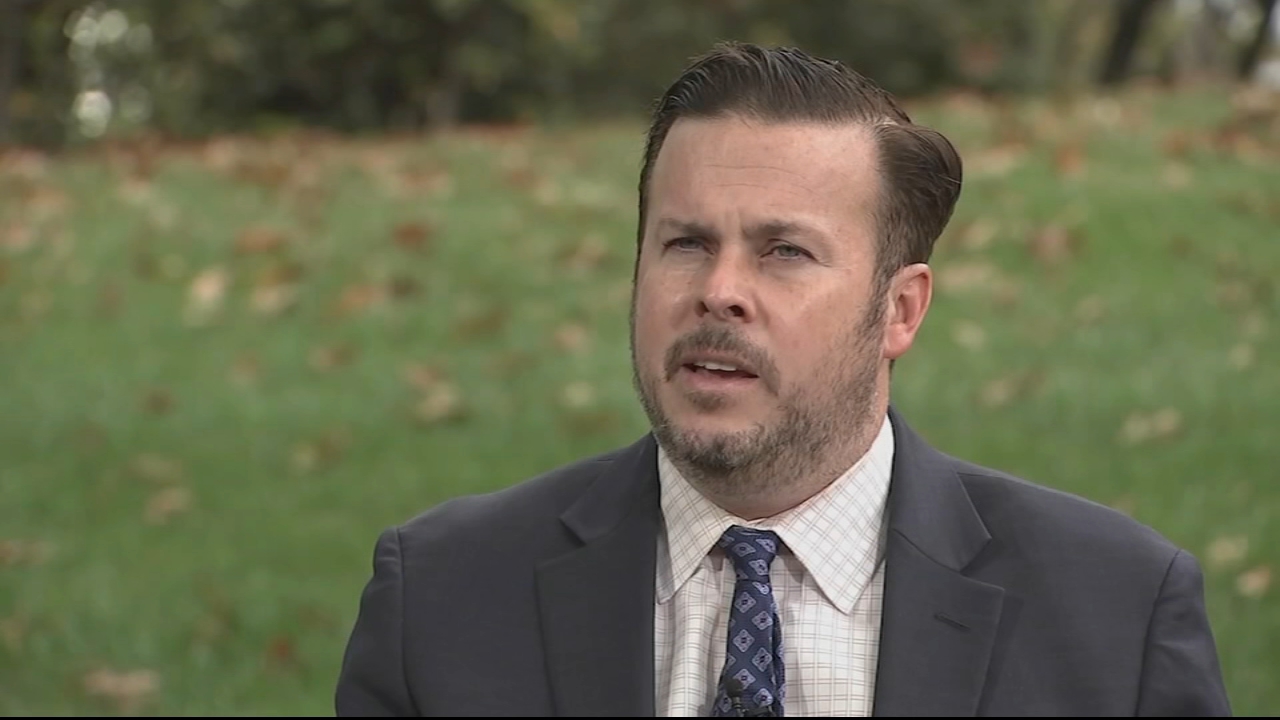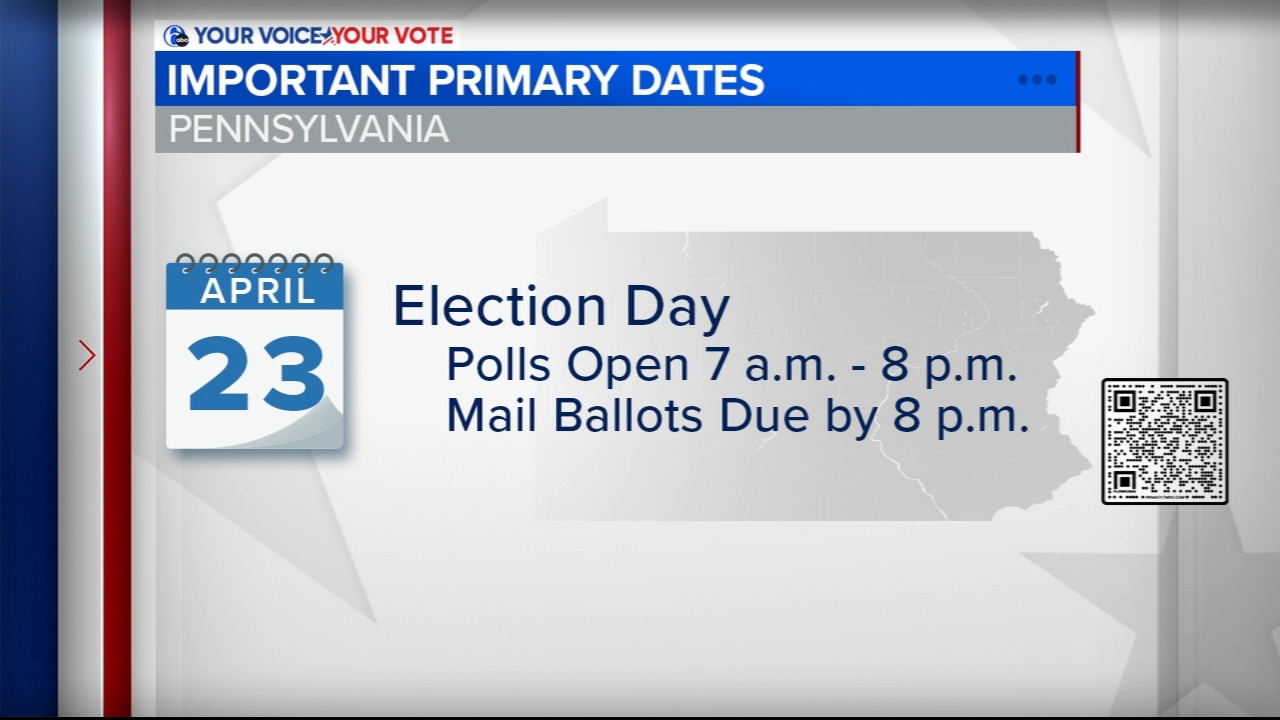Postal workers warn of danger from dogs
PHILADELPHIA -- Local postal service officials discussed the danger mail carriers face from neighborhood dogs on Thursday.
Philadelphia workers face one of the highest rates of dog attacks.
"As soon as I put the mail through the screen door, a big pit bull just burst out of the door," said letter carrier Tiara Zeigler.
She was bitten three times last Saturday as she was delivering mail along her normal route. She shared her story as part of National Dog Bite Prevention Week, which comes as summer approaches and more dogs are out.
Officials say if a dog attack happens, it's not the animal's fault.
"The onus is on the pet owner," said district safety manager Mark Yacker. "We're asking the entire community to just work with us."
Injuries to letter carriers have included lacerations, amputation, broken bones, and disfigurement. So far nationally this year, there have been more than 6,500 dog bites for postal employees.
"That's a huge number. Here it's 62, and we're 58-percent over what we had last year, so it's just getting worse," said Postmaster Jennifer Vo.
Yacker asks that you secure your dog in another room when you open the door, and says that it's best if children don't take the mail directly from carriers.
"We know it's a big thrill. The dog will see that as a threat to the family and really become very aggressive, sometimes going through a screen or plate glass to protect the child," he said.
The letter carriers now have new technology to input potential hazard warnings, which include the presence of dogs - which at least allows them to be aware.
"You always put your foot against the screen door when you're delivering the mail, or you make noise... "Hello, this is the mail person," Zeigler said.
If the letter carrier feels unsafe they can curtail mail service, but the hope is that it doesn't come to that, and they can get the communities' cooperation.
"We really want our employees to go home to their families the way they came in- safe and sound," said Yacker.




